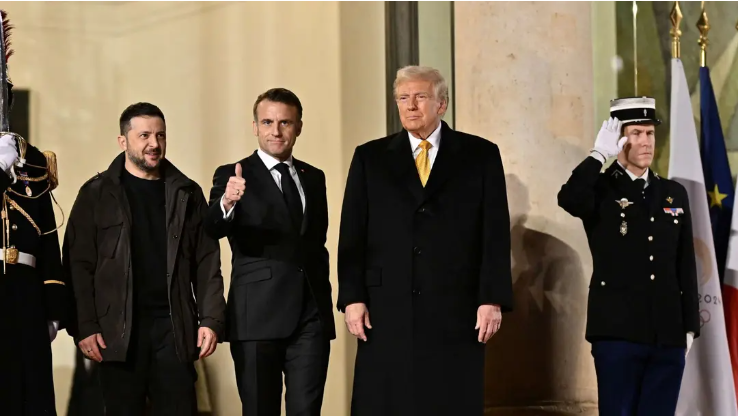India: Court Seeks Govt Reply in Comedian Case
The Bombay High Court on Tuesday asked the Indian government to respond to an appeal submitted by comedian Kunal Kamra challenging recent changes to the country's Information Technology rules, which empowers the government to prevent social media companies from hosting information it deems fake....

Facts
- The Bombay High Court on Tuesday asked the Indian government to respond to an appeal submitted by comedian Kunal Kamra challenging recent changes to the country's Information Technology rules, which empowers the government to prevent social media companies from hosting information it deems fake.1
- In his plea, Kamra claims the amendments amount to unjustified restrictions on freedom of speech and expression and would affect his fundamental right to practice his profession.2
- The rules under challenge allow a government-appointed fact-checking panel to force social media platforms to make 'reasonable efforts' to ensure their users do not 'host, display, upload, modify, publish, transmit, store or share' any information about the Indian government it identifies as 'fake or false or misleading.'3
- Since the amendments empower the government's fact-checking panel to analyze online content that must be blocked or taken down, Kamra sought direction from the court to declare the rules unconstitutional, saying they 'make the State the sole arbiter of truth or falsity of speech.'4
- However, the Indian government maintains social media platforms don't need to remove flagged content, stressing that they would have to deal with it in a court of law.5
- Last year, the Indian government banned a BBC documentary examining Prime Minister Narendra Modi's alleged role in the 2002 communal riots in Gujarat, calling it 'biased propaganda' that showed a 'blatant colonial mindset.'6
Sources: 1Al Jazeera, 2Reuters, 3Republic world, 4The times of india, 5India today and 6Guardian.
Narratives
- Narrative A, as provided by Hindustan times. In the Internet age, nothing can be more damaging than fake news and misinformation, which can instantly become a matter of national concern. It is essential to tackle fake news operating as part of a coordinated disinformation network to defame the country's government, spread venom against its policies, and threaten national security. Since fake news can polarize public opinion, the Indian government must control toxic trolls to combat online extremism.
- Narrative B, as provided by The indian express. These draconian Information Technology rules give the Indian government the power to stifle freedom of speech in the world's largest democracy. The Modi government will go to any dangerous extent to censor online content critical of his administration. The increasingly authoritarian laws governing the country's online sphere are helping to further erode freedom of speech in India under the guise of tackling so-called 'fake' content.






